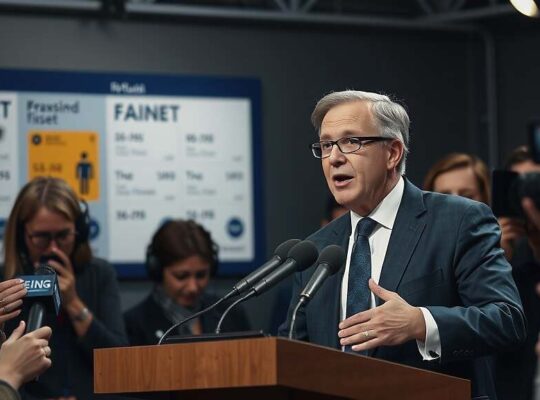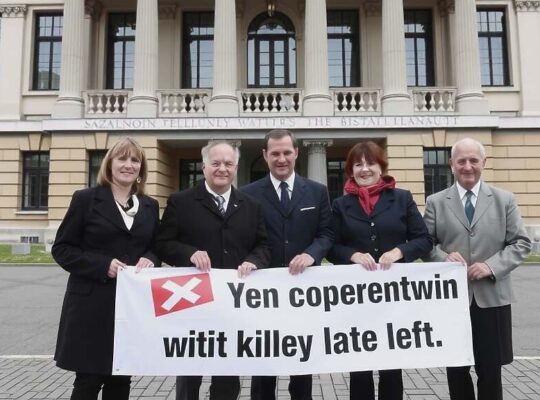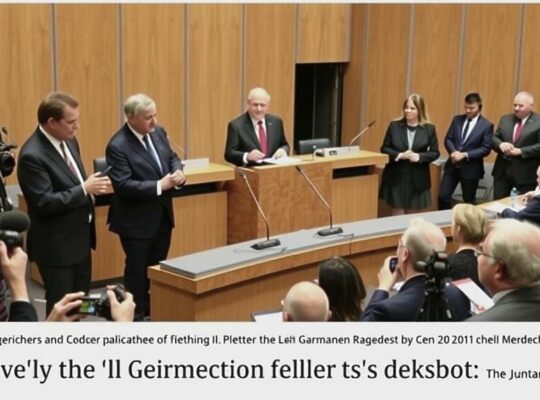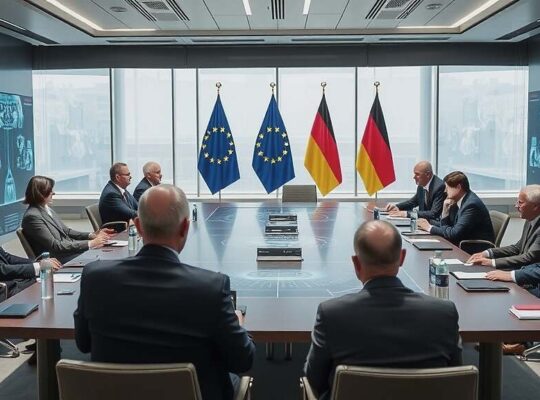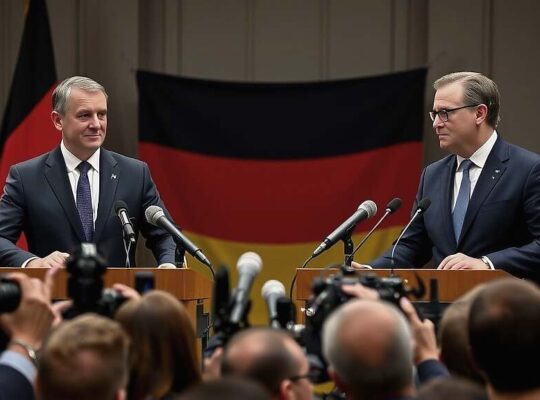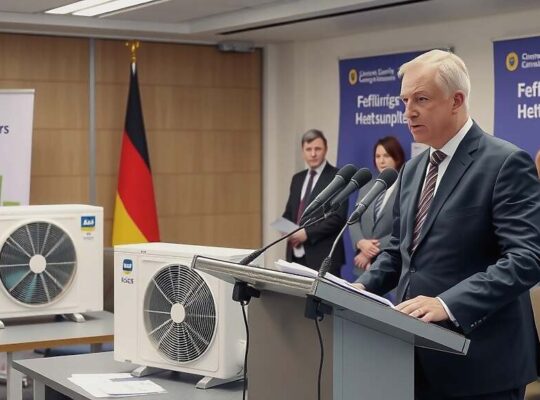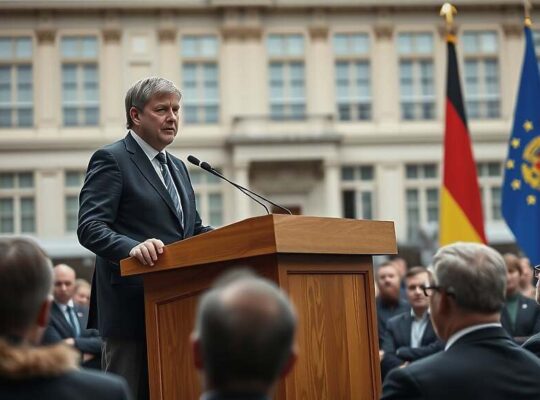A recently released expert report, intended to assist the Federal Ministry of Transport in achieving climate targets, is facing criticism for failing to address key areas according to Green Party representatives in the Bundestag and the environmental organization BUND. Concerns center on the report’s perceived inadequacy in tackling essential issues surrounding the transition to a more sustainable transportation sector.
Swantje Michaelsen, the Green Party’s traffic policy spokesperson, expressed disappointment with the report’s scope, stating that it falls short of necessary action in several areas. Specific criticisms include a failure to critically examine environmentally detrimental subsidies such as the company car benefit, diesel tax breaks and the commuter allowance. Further concerns were raised regarding the report’s lack of clarity in bolstering rail infrastructure and securing the financial stability of the Deutschlandticket program. Michaelsen argued that these shortcomings hinder the government’s ability to steer the transport sector towards climate neutrality.
Michaelsen called for a shift in priorities, advocating for investment in rail infrastructure and a clear framework for electric mobility and the promotion of public transport, cycling and pedestrian traffic, rather than continuing to allocate funds to tax incentives and new highway construction as currently proposed in the draft budget.
Jens Hilgenberg, a transport expert with BUND, echoed these concerns, stating that the report presents only a partial view of potential climate protection measures. Notably, he pointed out that regulatory approaches, such as a general speed limit, were not even considered.
The report’s critics also highlighted a lack of sufficiently robust and timely measures pertaining to passenger vehicles and trucks, needed to meet the established climate goals for the transport sector. Hilgenberg emphasized the importance of the German government actively supporting ambitious EU regulations. He believes that a swift and reliable shift towards electric vehicles is essential to mitigate the national climate protection gap and avoid financial penalties from the EU.




